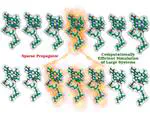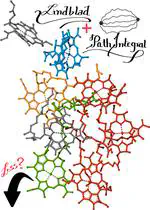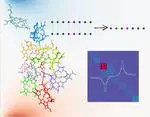Bose Research Group
The Bose Research Group focuses on developing novel computational approaches to simulating non-equilibrium dynamics of quantum systems in the condensed phase, overcoming the curse of dimensionality.
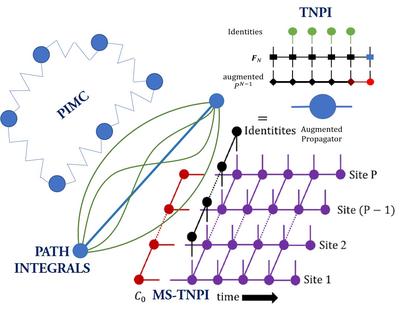
Announcements
Postdoctoral, PhD and project positions are available in our group. Check out for more information about open positions.
August 2025: Rahul Sharma joins for his Project B.
August 2025: M. Visuwesh joins our group as a JRF.
July 2025: Subhasish Mallick joins our group for his postdoctoral research.
June 2025: Devansh Sharma’s non-Hermitian generalization of the state-to-state analysis method published in the Journal of Chemical Theory and Computation. Check it out…
Research Areas
The cost of simulations of time-evolution of quantum systems grows exponentially with the number of dimensions involved. Various approaches, both approximate and numerically exact, are required to make such simulations feasible. Explore the ideas that are being developed in the group.
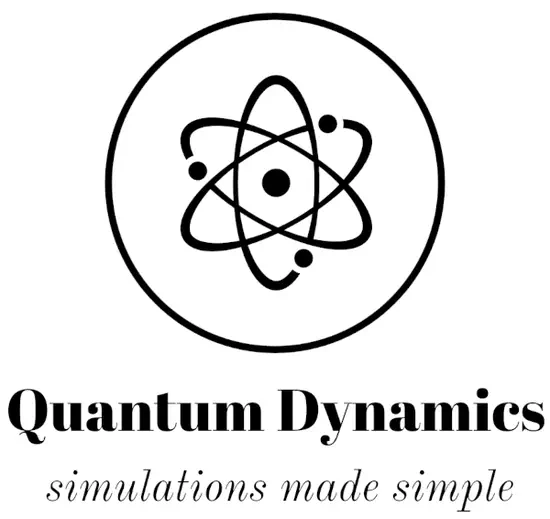
QuantumDynamicsCLI.jl
Simulating the dynamics of quantum systems is a challenging task with a multitude of complicated computational methods. The QuantumDynamicsCLI.jl package provides an application that leverages QuantumDynamics.jl to help making simulations a routine affair.

QuantumDynamics.jl
QuantumDynamics.jl is an open-source software for simulation of non-adiabatic dynamics of open quantum systems. Though written with performance in mind, QuantumDynamics provides a high throughput platform for experimentation with state-of-the-art approaches to method development.
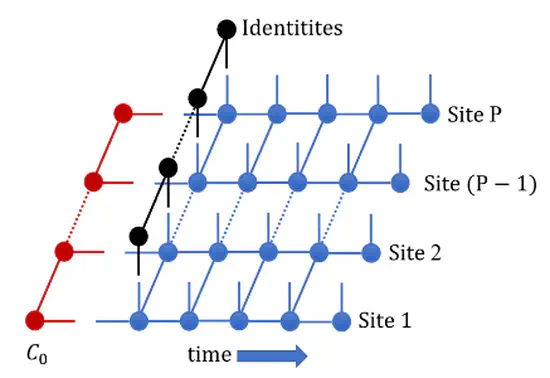
Multisite Tensor Network Path Integral
How does one handle the dynamics of extended quantum systems interacting with local dissipative media? MS-TNPI provides an answer to this problem by introducing a 2D tensor network decomposition of the path integral expressions.
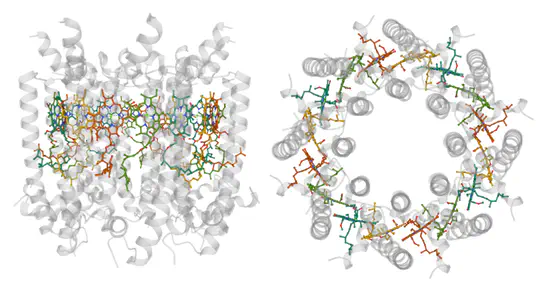
Exciton Transport
COMING SOON
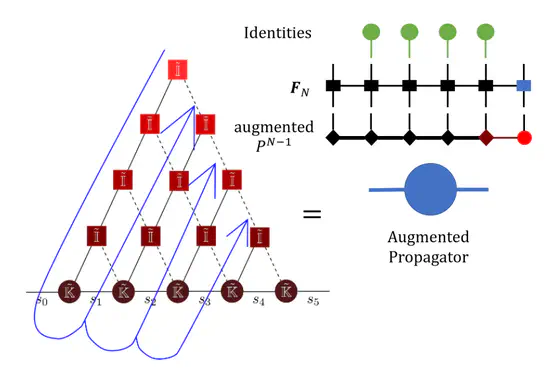
Tensor Network Path Integral
Simulating exact quantum dynamics of a low-dimensional system interacting with a large dissipative environment proves to be challenging due to presence of non-Markovian effects. Tensor networks can be successfully used to reduce the memory burden of these non-Markovian simulations making it possible to study chemical reactions in the condensed phase with greater accuracy.
Latest Publications
Search through all publications»
